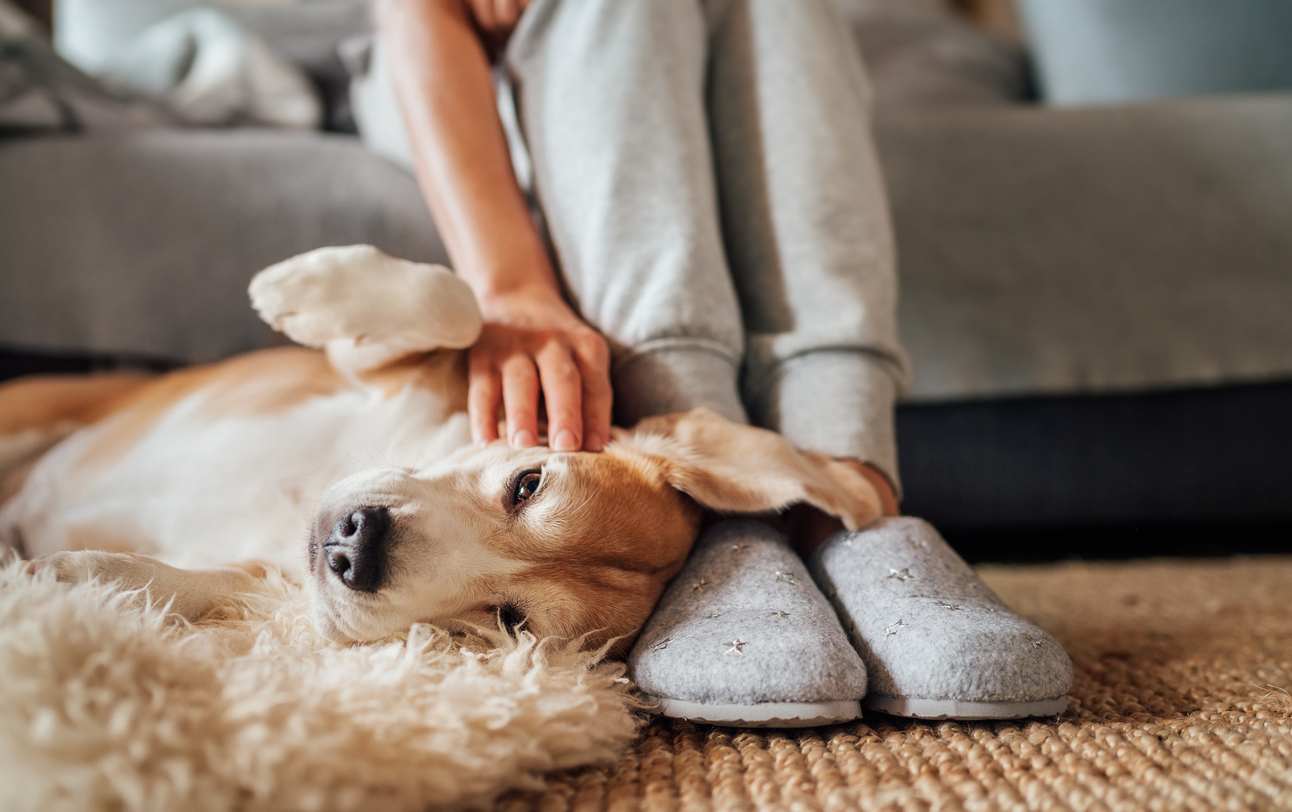
Divorce, a difficult and emotionally draining procedure, has unfortunately grown more common in modern culture. Couples are presented with a plethora of legal, financial, and emotional difficulties to overcome as divorce rates grow. Divorces frequently include the distribution of assets, property, and even child custody. However, among these many issues, one component that is sometimes forgotten is the fate of the family pet.
As divorce rates rise, it is clear that managing the complexity of divorce is no easy undertaking. Divorce brings with it a slew of difficulties, including legal processes, emotional pain, and the necessity to split common possessions. The destiny of a cherished pet can easily be obscured among the split of property, cash, and custody fights. Pets, on the other hand, play an important role in the lives of many couples, providing comfort, companionship, and unshakable loyalty.
Pets are valued family members that provide unconditional love and support. Their presence and special affinity with their human partners make them an essential member of the family. As a result, it is critical to answer the topic, “What happens to your pet after a divorce?”
What About Your Pet?
Pets have always been considered property in the eyes of the law, akin to material things. However, as society values and attitudes toward pets have changed, so have views on pet custody in divorce proceedings. Courts are increasingly acknowledging the importance of pets in people’s lives and the need of considering their well-being during divorce procedures.
While pet custody rules vary by jurisdiction, many courts increasingly consider the best interests of the pet when creating post-divorce arrangements. Some jurisdictions have even enacted law that recognizes the emotional bond between pets and their owners, with the goal of ensuring that custody decisions are made in the best interests of the pet.
The destiny of a pet after divorce can be determined by a number of circumstances, including who functioned as the primary caretaker, each spouse’s living arrangements, and each party’s capacity to offer an appropriate environment for the pet’s care. Divorcing spouses may be able to achieve an agreeable agreement on their own in some situations, selecting a custody arrangement that is best for their pet’s well-being. This might include things like joint custody, visiting schedules, and even cohabitation agreements.
 If an agreement cannot be reached, the participation of legal specialists who specialize in family law and pet custody may be required. These specialists can offer advice, mediation, and representation to ensure that the pet’s best interests are recognized and that a fair and equitable settlement is reached.
If an agreement cannot be reached, the participation of legal specialists who specialize in family law and pet custody may be required. These specialists can offer advice, mediation, and representation to ensure that the pet’s best interests are recognized and that a fair and equitable settlement is reached.
As a divorced pet owner, it is critical to prioritize your pet’s well-being and pleasure. It is critical to maintain open and honest contact with your soon-to-be ex-spouse in order to reach an agreement on the pet’s care. This may include conversations about routines, living surroundings, and each party’s capacity to offer the required attention, love, and care. By putting the needs of your pet first, you can work together to establish a post-divorce arrangement that ensures a smooth transition and maintains a sense of stability for your furry friend. Remember, open communication and a shared commitment to your pet’s well-being can help minimize stress and promote a positive outcome for everyone involved.
So, to conclude, the destiny of a pet after divorce is a complex topic that demands great thought and empathy. While the legal system gradually adapts to understand the emotional relevance of dogs in families, divorcing spouses must address their pet’s well-being during the separation process. It is feasible to negotiate the complications of divorce while preserving the continuing happiness and welfare of your cherished companion by participating in open conversation, receiving legal advice when necessary, and prioritizing the best interests of the pet.





